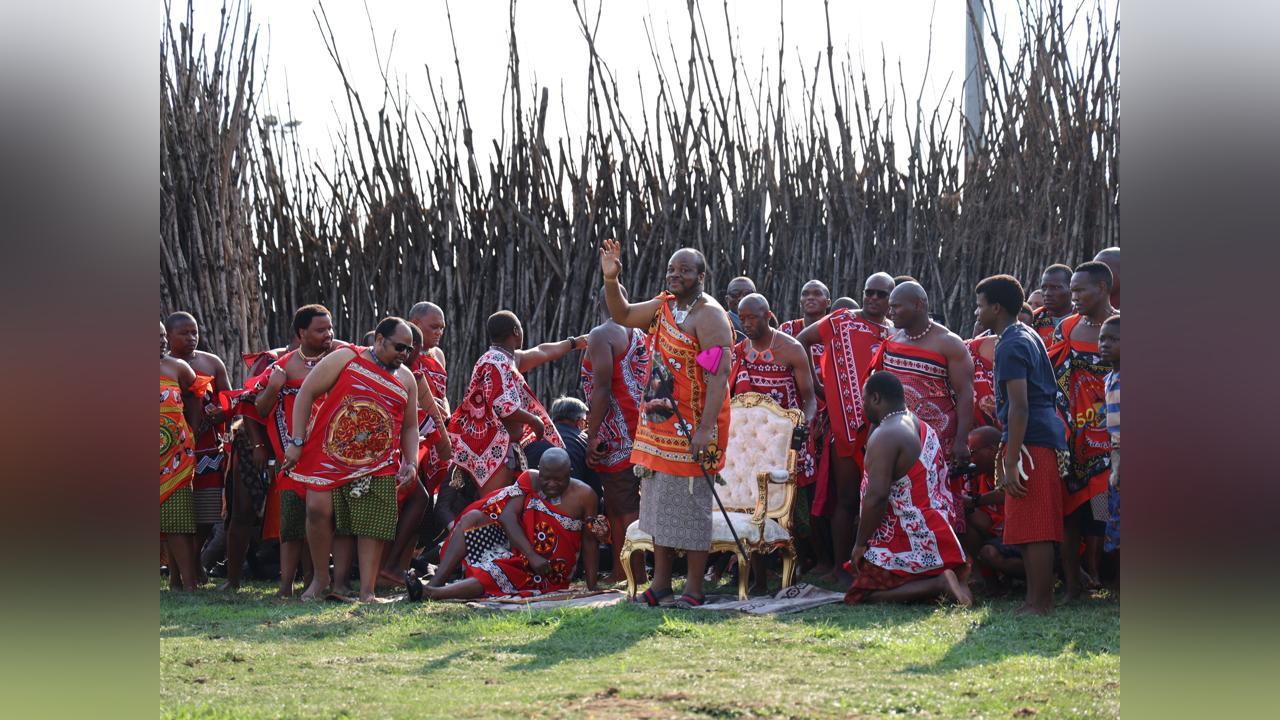Africa-Press – Eswatini. In the fabric of democratic societies, citizens have the privilege and responsibility to form independent entities that address the needs and aspirations of their communities or nations. These entities, widely recognised as non-governmental organisations (NGOs), operate outside the governmental sphere, thus they are not extensions of government offices. This discourse has also identified them as not-for-profits, highlighting their unique position in the societal structure. NGOs play a crucial role in enhancing society by advocating for significant public issues, educating the populace, rallying attention around critical matters, and keeping a vigilant eye on both governmental and private sector conduct.
Collaborate
They foster an environment where individuals from varied backgrounds collaborate, nurturing the skills, relationships and trust essential for effective governance. NGOs cater to a diverse spectrum of civic interests, ranging from social service provision and environmental advocacy to championing living and working standards, and even acting as catalysts for democratic transformations, as exemplified in the Kingdom of Eswatini.
NGOs stand as the voice of the under-represented, including women, youth, the elderly, and those holding divergent political views, ensuring their participation in national policy dialogs.
They democratise public discourse, making it accessible to individuals across all economic and social strata, including women and other minorities. Whether politically neutral or motivated by specific partisan ideals, NGOs aim to advance public interest causes with minimal political interference from States. However, proposed legislation, such as the mooted NGO Bill requiring directors to abstain from partisan politics, raises concerns regarding their operational autonomy.
NGOs are instrumental in promoting democratic principles through a wide array of local and international initiatives focusing on: – Human rights, by championing international standards and monitoring violations. – The rule of law, via providing affordable legal services, educating citizens about their rights, engaging in public interest litigation, and advocating for legal reforms.
Autocratic regimes often view NGOs with skepticism due to their role in promoting transparency, mobilising public opinion, and holding governments accountable for misappropriation of public funds or legal breaches. By facilitating public engagement through petitions, peaceful protests and legal challenges, NGOs instill a culture of accountability and participation.
Internationally, governments have recognised the paramount importance of NGOs to democracy by enacting protections under various treaties, including those ratified at the United Nations and within Africa. These treaties affirm the rights to assemble, protest peacefully, and express opinions freely. NGOs vitalise democracy by simplifying access to information on governance, fostering communication between the public and politicians and safeguarding against the abuse of power.
Serve
They educate the public on governmental actions and their potential impacts, enabling informed decision-making and stronger civic dialogue. Moreover, NGOs serve as intermediaries between citizens and political representatives, offering a collective voice that amplifies individual concerns and facilitates effective advocacy. By representing specific demographic interests and ensuring governments honour their constitutional and international commitments, NGOs play an indispensable role in safeguarding democracy and the public interest. Their efforts in holding governments accountable, particularly through legal challenges, underscore their significance in a thriving democratic society. NGOs are an indispensable force in the sustenance and advancement of democracy.
Their active involvement not only champions public interest and legal compliance but also fortifies the foundational principles of democratic governance. A vibrant NGO sector is not merely beneficial—it is essential for the health and survival of democracy.
Source: times
For More News And Analysis About Eswatini Follow Africa-Press







